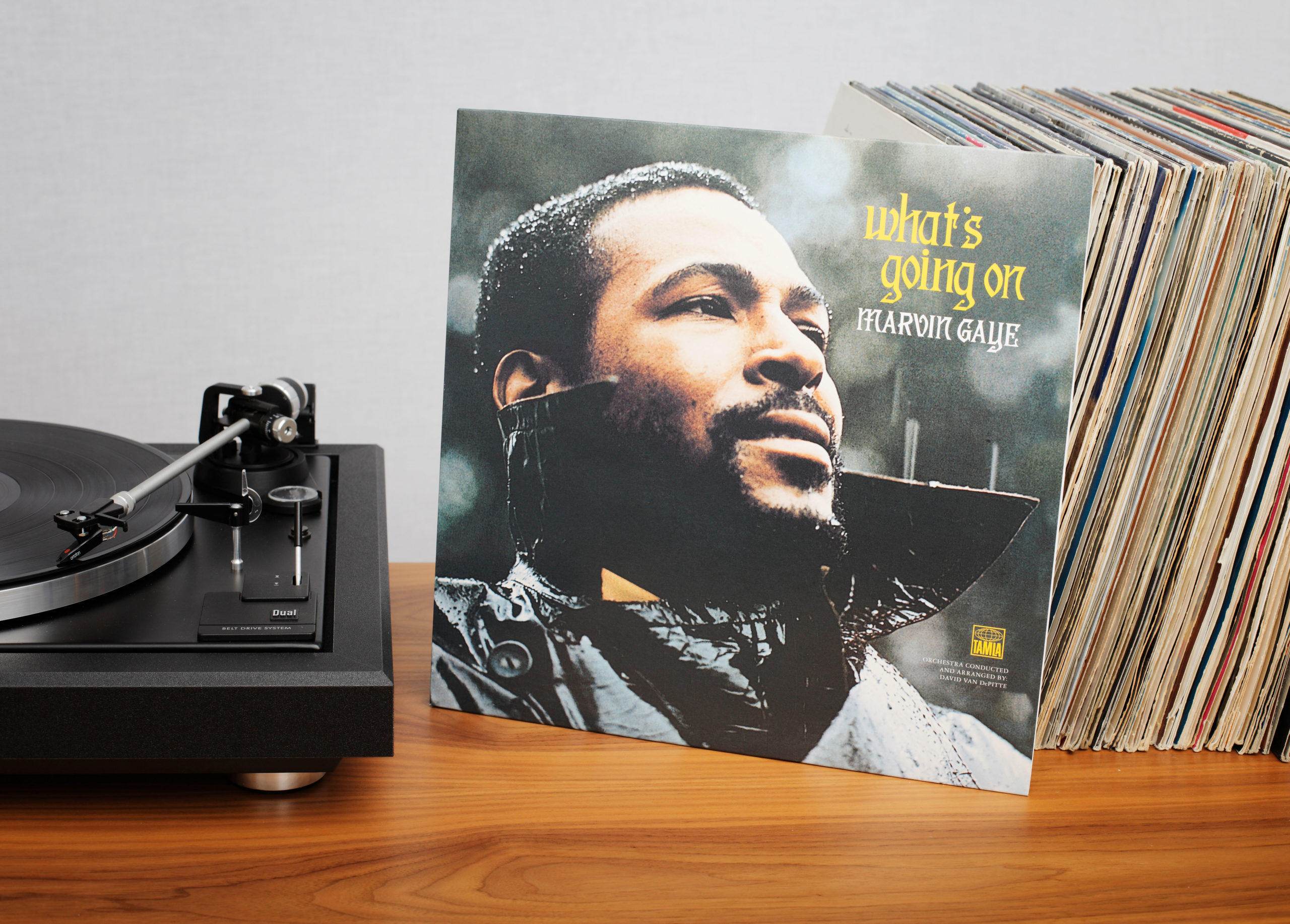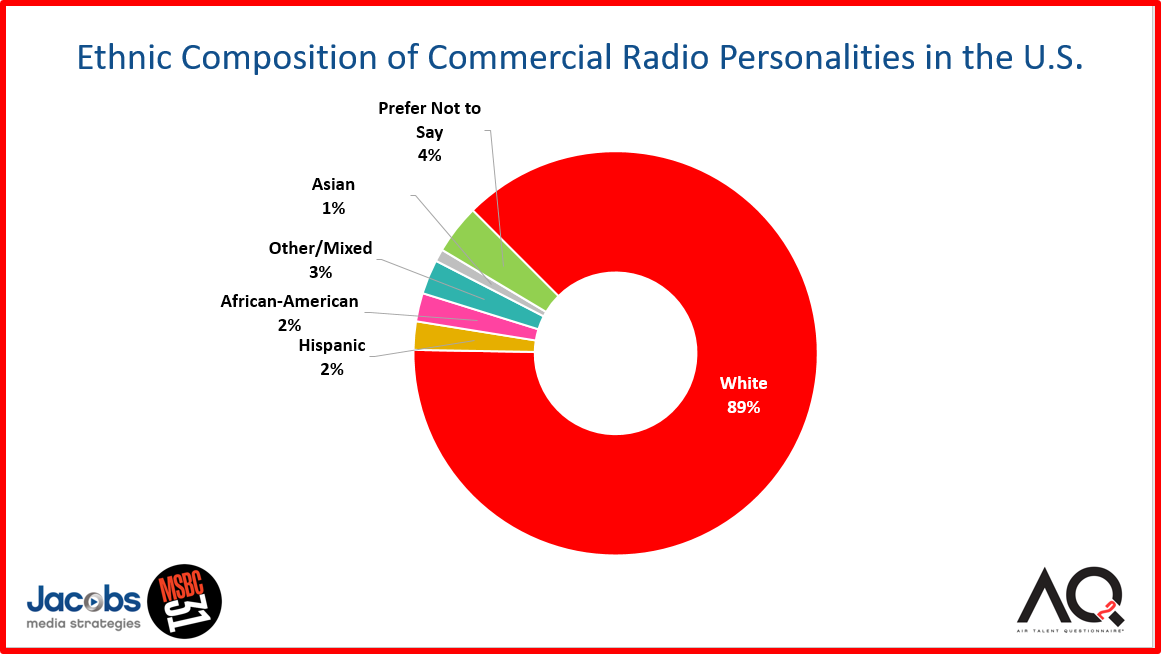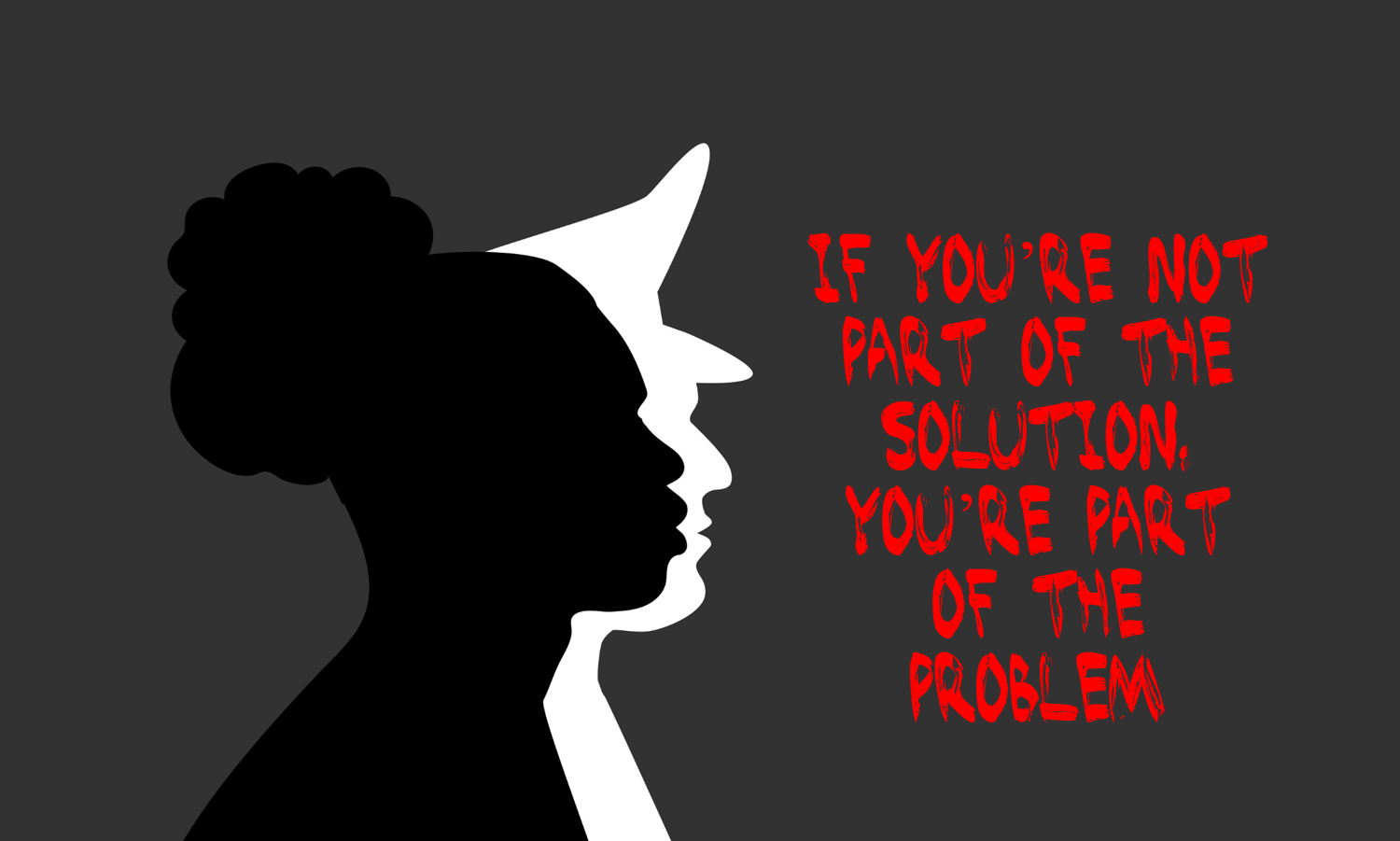
At the end of this week, I’m not really in the mood to write another post about radio contests, TikTok, or drive-in concerts.
What’s going on?
In 1971, Marvin Gaye’s seminal song posed a question that we’ve known the answer to for decades, but sadly, very little has changed.
Racial tensions, sparked by the killing of George Floyd by the Minnesota police, have turned the country upside-down. But his murder is just the tip of the iceberg of America’s storied history of police brutality and systematic racism.
Many radio broadcasters have stepped up in recent days, expressing their support of the protests in general, and in some cases, Black Lives Matter specifically. There have been moments of silence and supportive suggestions and memes on websites and social pages, and on personality shows about what the average citizen can do to fight this ugly racist streak in America that dates back to the country’s roots.
I was a teen living in Detroit when the riots broke out during the summer of 1967. At the University of Michigan in Ann Arbor a couple years later, I marched in support of the Black Action Movement – B.A.M. – on several occasions. In many ways, my generation prides itself on our contributions to the Civil Rights movement, but history isn’t just repeating itself—this travesty never stopped, and we are all complicit. Our hopes were very high during that time, but the only conclusion I can make is that we failed to make a difference.
That’s why Black Lives Matter isn’t just a hashtag. It’s an important cause, and it’s why I stand in support of them and other organizations trying to get this essential message across to lawmakers and regular citizens alike. While money won’t solve the problem, I’m personally donating to Black Lives Matter, and am assessing other organizations that need support. I’m also listening to Black voices and educating myself on how I can alter my companies’ hiring practices and influence others to help diversify our predominantly white industry.
Most of you reading this post cannot control the big picture stuff happening in D.C. or what’s going on at your state capitols. But we do have something to say about our own personal areas and work spaces.
And on the assumption you’re in or around the radio broadcasting business, let’s keep this close to home. I’ve been thinking a lot about a slide in one of my research presentations that’s makes a powerful statement. It’s from our AQ studies – the ones we do in collaboration with Morning Show Boot Camp. Each year, we query north of 1,000 respondents – all commercial radio air personalities from around the U.S.
Working with Don Anthony, we do everything we can to encourage talent from big markets, small markets, morning shows, part-timers, major companies, and mom and pops to fill out our short questionnaire.
While there is no other study in American radio that serves as a “census” of those who make their living working on the air, I am confident we have a reasonably good reflection of who’s on the air on America’s radio stations – by age, by gender, by market size, and yes, by ethnicity.
In presentations, when I come to the chart below – I pause, say something analytical, and move onto the next slide. Because it is what it is.

Well, I’m doing a “full stop” on this chart now.
You don’t need a researcher to tell you this is not a good thing, nor is it acceptable – especially for an industry that has a dire need to remain relevant, as technology expands and America becomes more young and more diverse with each passing year.
Different voices on the radio airwaves and in our digital pipeline isn’t just a necessity. It’s the right thing to do for the medium, and for the communities we serve.
We’re talking about the people on the air with a direct connection to millions of Americans – where they reside, where they work, and hope they live their lives. If we’re so damn proud of the fact that more than 90% of the population listen to broadcast radio each week, then perhaps it’s time to take that reach seriously, and ensure we’re a reflection of all of America.
This also hits close to home for me. When I look at our employee rosters at Jacobs Media and jacapps, I am reminded that our companies need to do better as well. We need more diversity – people of color, women – if we’re going to live up to the meaning of this amazing moment in time. Moving forward, we need to reassess how we’re providing outreach in our recruiting, training, and hiring.
I have also made arrangements with Dan Vallie who runs the National Radio Talent Institutes around the country, designed to encourage young people interested in seeking radio as a career. I have given my time and energy to presenting at these sessions, but that’s not enough. While the Institutes are now on-hold due to COVID-19, I have committed to Dan that Jacobs Media will provide scholarships for young Black students in 2021 at every one of his organization’s events.
One lesson I learned from the 60’s and those protests and demonstrations was a phrase that has stuck with me all these decades. It may sound hippy-dippy, but at this moment in time, I keep thinking about it when I hear the many voices I’ve listened to:
“If you’re not part of the solution, you’re part of the problem.”
For me, that’s truth. I hope it is for you, too.

- What To Do If Your Radio Station Goes Through A Midlife Crisis - April 25, 2025
- A 2020 Lesson?It Could All Be Gone In A Flash - April 24, 2025
- How AI Can Give Radio Personalities More…PERSONALITY - April 23, 2025




You’re the brother I never had.
Bravo, Fred.
You make us all proud.
JC, too kind. I’m just saying what I hope a lot of other people in radio are already thinking. Appreciated.
GREAT Piece Fred!
I like you and so many need to act – not just talk!
We need to not only DO better but BE better!
Thank you for sharing your honest thoughts!
Appreciate the kind words, Rick. Let’s make sure as an industry we talk with each other about this AND what we’re doing to fix it.
Wow. Thank you for this. I knew whites were the majority on the air, but THIS? Shameful. It’s very good someone with your reach talks about it and takes action.
I’m down to help in any way I can in my market.
Appreciate that, Tammie. It’s not a chart to be proud of, that’s for sure.
Fred, strong words and humbled transparency. Thank you. However, I don’t fully agree with this statement: “Our hopes were very high during that time, but the only conclusion I can make is that we failed to make a difference.”
If ‘justice never sleeps,’ then it is always aware. Your demonstrations with B.A.M. were part of the awareness and it continues with challenging words from this column. Thanks for being part of the solution.
Kind words, Ron. Among other things, the last week has been disheartening. Let’s hope this the moment. Thanks again.
Just in case, here’s a list of resources from one of the PR trade publications–which is possibly still being updated…
https://www.provokemedia.com/latest/article/blacklivesmatter-industry-resource-guide
Appreciated.
Thanks Fred for your insights and how to be part of the solution. I recently came across a quote from Benjamin Franklin “Justice will not be served until the unaffected are as outraged as those who are.” It’s time.
Goone one, John. Thanks, as always, for the kind words.
Assuming more than 11% of qualified applicants are non-white, are we really Equal Opportunity Employers? There’s power in numbers. Your blog will inspire others. If we each do our part, we can make a difference.
That’s the hope, Dan. Thanks for chiming in – especially as someone who’s a station owner.